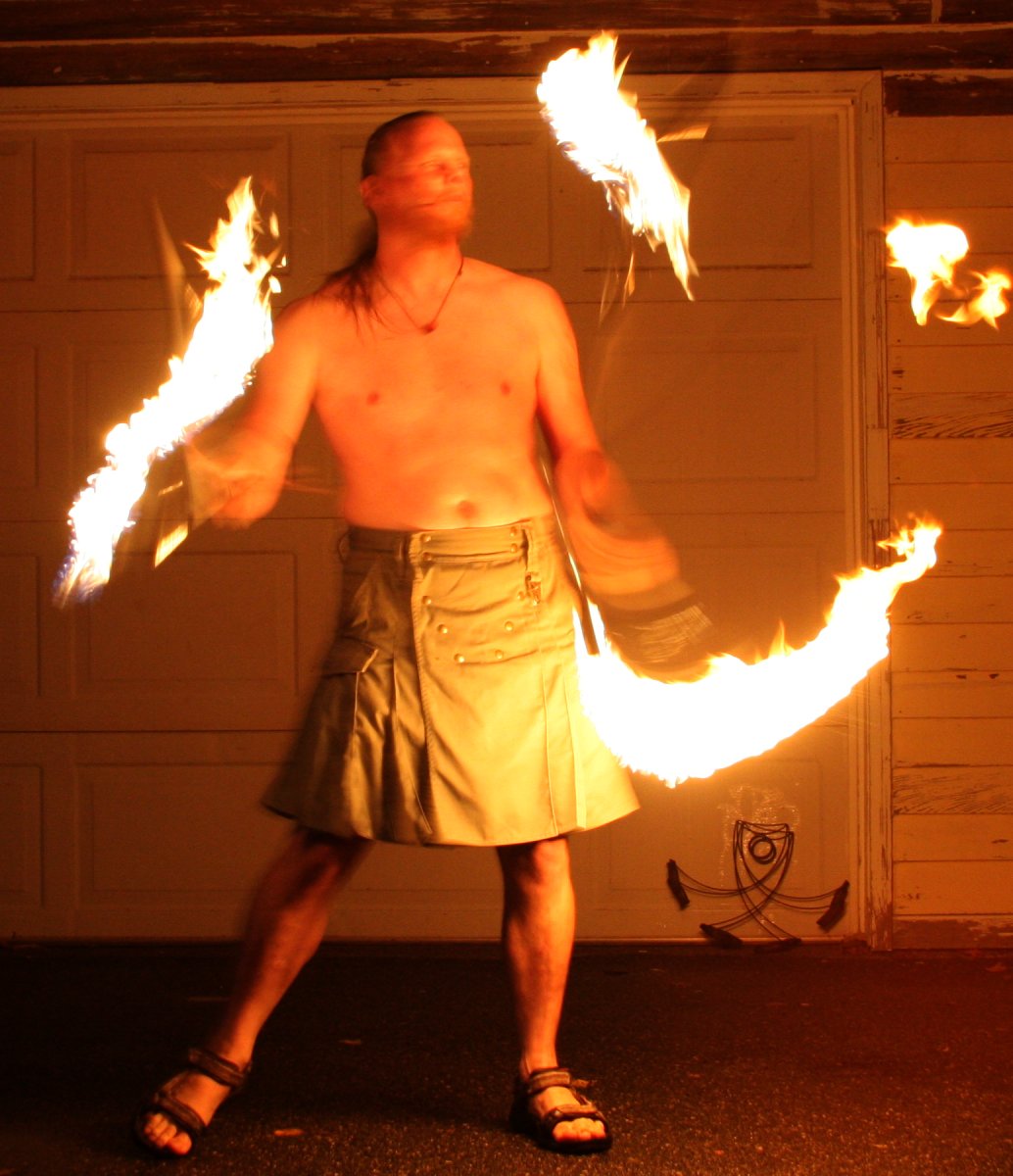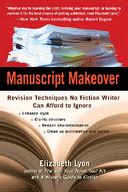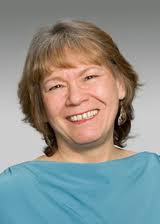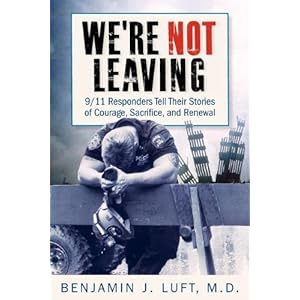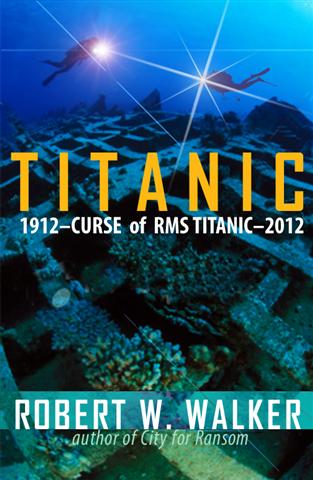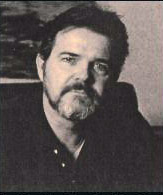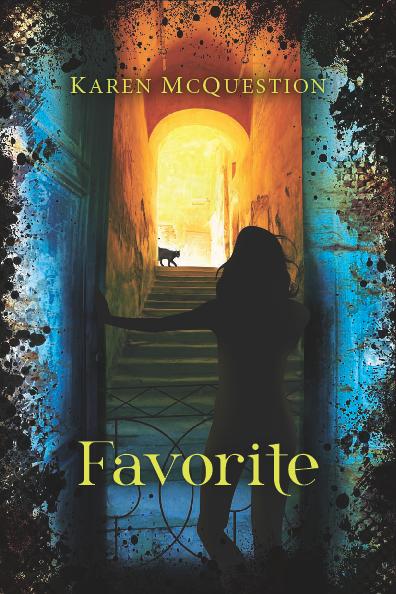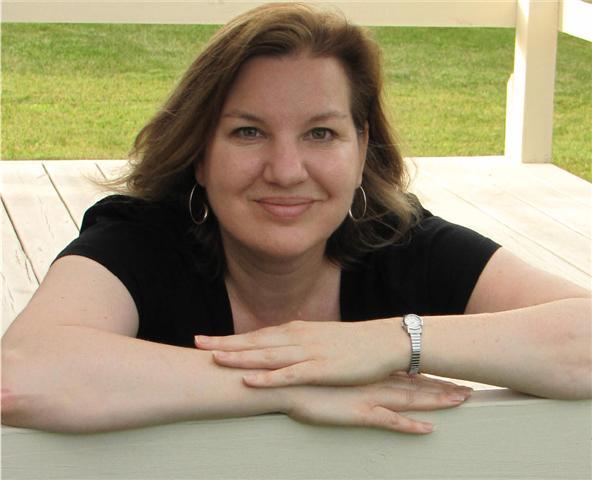Guest Post: Derek McFadden
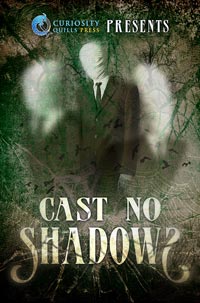
I first met Derek McFadden when he had begun writing his very first novel. The seriousness with which Derek approached his words and his craft–the art of learning to write a novel–appealed to me greatly. When Derek shared some of the struggles he’d faced in his life, I became even more impressed. Later on, I would refer Derek to one of the freelance editors I hold in highest regard–further evidence of how seriously Derek took this stuff–and read pages of his book myself. Now Derek is finally getting published. But the book that’s coming out isn’t the one we met over–in some ways, it couldn’t be more different. This writing road is a twisty one–we all know that. Read on to see how Derek’s words are reaching the world, and meet some other authors joining him along the way.

The thing about being a writer: It’s imperative, as a writer, to remember that no other writer can say things exactly the way you would say them except you. Writing is an intensely personal exercise/job/process, the end result of which we writers hope to share with the world, and in this sharing our work will be judged. (There’s an interesting dichotomy there, don’t you think?)
But what if you’re a writer who’s feeling lost? You feel like you’ve done everything you can to get your words where you know they need to go, and yet they’re still not where you want them to be? They might still be stuck, unread, in your computer. This was the case for me about two and a half years ago, when the opportunity to contribute to the ghost-story anthology Cast No Shadows (out Oct. 10th from Curiosity Quills Press) came to me.
I have a mild case of cerebral palsy. As a reader, I’ve found there aren’t any portrayals of characters like me in literature. And many portrayals of palsy make me cringe. The characters are either (A): Too Palsied (meaning they’re in a wheelchair and may not be able to talk) or they’re (B:) Less Palsied Than I Am (which often results in me wishing I had abilities I’ll never gain, such as better eyesight or the freedom to drive (my hope for the latter rests in and with the self-driving car revolution to come).
In writing my unpublished novel, God’s Mistake (the title is meant somewhat sardonically), I wanted to show readers my truth. However, since I’d been writing—with minimal feedback–for a while, I was beginning to wonder if I could even do this writing thing I love so much. Could I actually do it, or was I just fooling myself? Late one night, when I was in the midst of a quiet personal crisis of confidence, my friend Jordan (we met on a website where writers drum up the courage to query agents) wrote to me and asked if I would like to contribute to a ghost-story anthology.
“We’re looking for a short story. Five to ten thousand words,” she said. I had a piece that had been laying dormant for about a week, but I thought it might fit the bill. I told her I’d do it, and got to work. Soon, I had a story I was not only proud of but that I knew would go somewhere, would be seen by readers. What a shot of confidence that was!
Re-energized, I went back to my big novel, re-worked and revised with the help of an editor, and now—while I don’t have an agent or a publisher yet—I have a book I could not be prouder to call mine, and it wouldn’t have happened (at least not the way it happened) without a story I wrote for a friend to be included in an anthology full of ghosts.
Derek McFadden is a former March Of Dimes Ambassador, the author of the poetry collection Prose From A Grandson To A Senior Fellow, and a contributor to the short-story anthology Cast No Shadows (Curiosity Quills Press). His novel God’s Mistake awaits its agent, publisher, and readers.
Some of the other anthology contributors:
Joan O. Scharf: Imaginative writer of gritty flash fiction and short stories. Born in farm country of the Catskill Mountains and traveled the world. Utica College, Utica NY/science major; Faxton Hospital/RN degree; SanFrancisco State, California/studied French; Hodges University, Florida/creative writing. Books include: Hanging on a Twisted Line…an eclectic short-short story mix of genres with compelling unexpected endings. Valentine Tales…geared for young readers; the humorous adventures of a curious mischievous boy in the early 1900’s. Dark of the Island (e-book) filled with intrigue, suspense and horror. Also published in 6 Anthologies and in a variety of magazines.
Grant Eagar is an Aircraft Design Engineer who enjoys writing young adult fantasy, romantic comedy, vampire stories and steam punk in the evenings. Over the years, he would take the stories he told his children at bed time and transform them into books. A graduate of the Philadelphia Writers’ Workshop. He is published in the San Diego Writers, Gears of Brass and These Vampires Still Don’t Sparkle anthologies. He works in Mojave Ca but calls Layton Ut home.
Gloria Slade is from Ishpeming in the Upper Peninsula of Michigan. She has a BS degree in Social Studies from Northern Michigan University and is also a retiree from that institution. Gloria has published short stories in The Porcupine Press, a local U.P. magazine. After retiring from NMU, she moved to Naples, Florida and enjoys writing memoirs and short stories.
Jeremy Mortis has been writing stories for over twenty years and has been lucky enough to be published in the last five. He currently works for the state of New York as a job coach.
Clare Weze is a biologist and divides her time between editing scientific publications and writing fiction. Her work has been shortlisted for the Commonword Children’s Diversity Writing Prize (2012), and her short fiction has appeared in several anthologies. She lives in England.
Lisa Oaks was born and raised in Northeastern Utah. She lives in Vernal with her husband and kids.
Jordan Elizabeth writes down her nightmares in order to live her dreams. With an eclectic job history behind her, she is now diving into the world of author. It happens to be her most favorite one yet. When she’s not creating art or searching for lost history in the woods, she’s updating her blog. Jordan is the vice president of the Utica Writers Club. She roams Central New York, but she loves to travel. Her five published novels are ESCAPE FROM WITCHWOOD HOLLOW, TREASURE DARKLY, BORN OF TREASURE, COGLING, and GOAT CHILDREN.
Amy L Gale is a romance author by night, pharmacist by day who loves rock music and the feel of sand between her toes. She’s the author of Amazon New Adult Bestsellers, Blissful Tragedy, Blissful Valentine, and Christmas Blitz. When she’s not writing, she enjoys baking, scary movies, rock concerts, and reading books at the beach. She lives in the lush forest of Northeastern Pennsylvania with her husband, six cats, and golden retriever, Sadie. You can find her at www.authoramygale.com, www.twitter.com/amyg618, https://www.facebook.com/pages/Amy-Gale/540928695977160.


